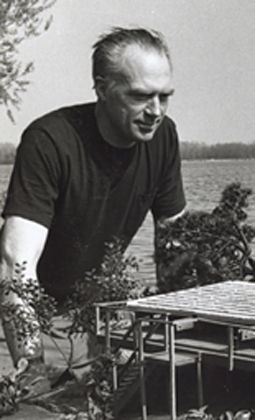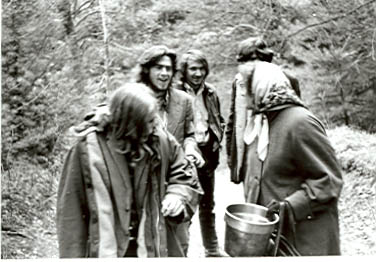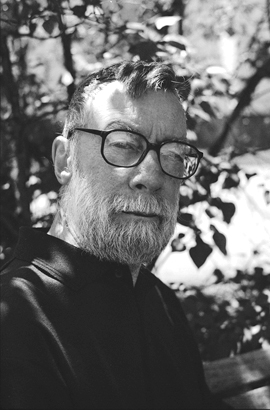John P. Roche Collection
1886-1965
324 items
Call no.: RB 008
A political scientist, writer, and government consultant, John P. Roche was born in Brooklyn, N.Y., on May 7, 1923, the son of a salesman. A liberal Social Democrat and fervent anti-Communist, Roche spent his academic career at Haverford College and Brandeis and Tufts Universities, writing extensively on American foreign policy, constitutional law, and the history of political thought in America, and maintaining a strong interest in the history of the American left. During the 1960s and early 1970s, he served as an adviser to the Kennedy, Johnson, and Nixon administrations.
The Roche Collection consists of over 300 publications pertaining to the political left in the United States, with a smaller number of works from the radical right and from European Socialists and Communists. Concentrated in the years spanning the Great Depression, the Second World War, and the McCarthy hearings, many of the works were produced by formal political parties in response to particular political campaigns, current events, or social issues, with other works geared primarily toward consciousness raising and general political education on trade unionism, fascism, war and peace, American foreign policy, and freedom of speech and the press.
Gift of John P. Roche, 1964
Subjects
CommunismFascismPacifismSocialismUnited States--Foreign policy--20th centuryWorld War, 1939-1945Contributors
Coughlin, Charles E. (Charles Edward), 1891-1979Roche, John P.
Restrictions: Collection currently unavailable due to renovation in SCUA
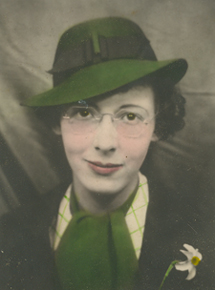

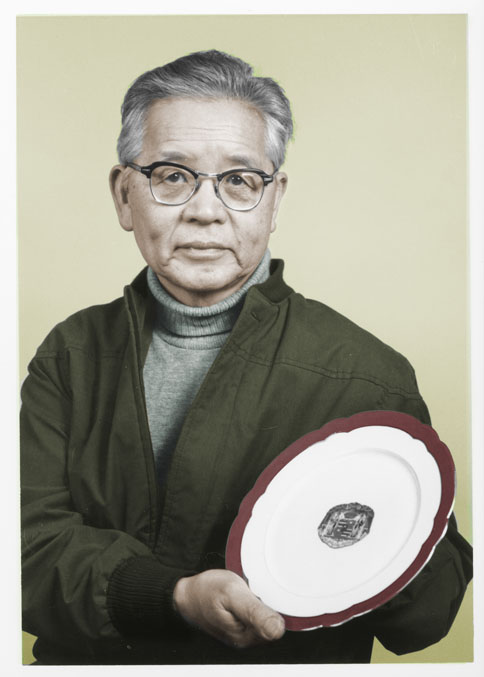
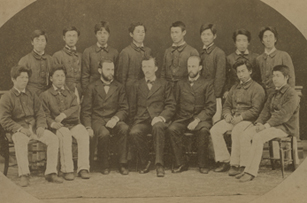
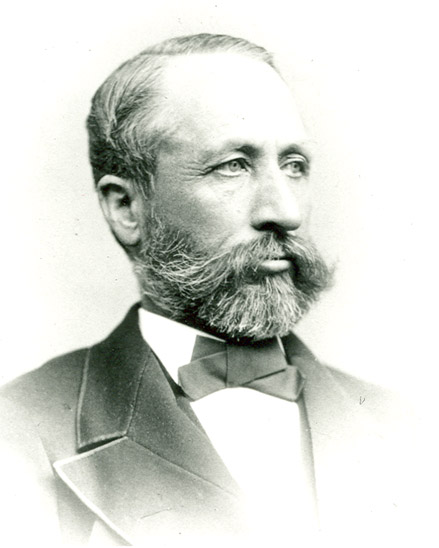
 View the online
View the online 